MENA Survey Data Presented at the 2024 Arab Health Summit
Understanding Michigan Middle East and North African Residents’ Practices, Attitudes and Beliefs about Hookah and Commercial Tobacco Policies
While cigarette use continues to decline, hookah use continues to be popular among young people across the United States. Several factors have contributed to this concerning trend including the misperception that hookah use is less harmful, aggressive lobbying to exempt hookah from state and local regulations, and an increase in marketing and commercialization of hookah tobacco by industry. A recent commentary published in Nicotine and Tobacco Research highlights as states try to enact policies restricting youth access to flavored tobacco products, coordinated actions by industry players have “attempted to manipulate policy officials and public opinion with unsubstantiated claims, including cultural and religious significance to hookah tobacco smoking.”
Tobacco use remains the top preventable cause of disease and death in the U.S., leading to more than 480,000 deaths each year. The Campaign for Tobacco-Free Kids (CTFK) is a national organization working to put forward initiatives that reduce tobacco use and save lives. As a founding member of the Keep MI Kids Tobacco Free Alliance, CTFK is working in coalition to pass policies that will strengthen Michigan’s weak tobacco regulations, including ending the sale of all flavored tobacco products. Flavored tobacco products are a main driver of youth use and contribute to tobacco addiction. CTFK uses public opinion polling as one strategic tool to better understand where the public and key constituencies stand on tobacco use, persuasive messages, and specific public policies aimed at reducing tobacco’s harm and advancing health equity.
In their efforts to advance comprehensive policies that include all flavored tobacco products, CTFK and partners aimed to better understand Michigan Middle Eastern and North African (MENA) residents’ practices, attitudes and beliefs around hookah use and policies such as restricting access to flavored tobacco products including flavored hookah tobacco. Because Michigan has the second largest MENA population in the U.S., it was possible to conduct a robust statewide public opinion survey of MENA residents.
The survey showed that nearly three out of four MENA residents (73%) say the state should do more to limit youth access to tobacco and vaping products. And despite industry claims, by a 3-to-1 margin, MENA residents prioritize preventing children from becoming addicted to tobacco over allowing flavored hookah to “preserve culture.” A 70% majority agreed we need to eliminate flavors that appeal to kids. Further, 16% of MENA residents indicated they smoked hookah at a lounge in the past year. When asked for the main reason they went, about three-quarters indicated a reason that revolved around socializing, being with friends and family, or attending a party or event. Only two percent said it was because it was part of their culture.
Resources:
Event Poster
Poll Fact Sheet
Press release on MENA poll results



